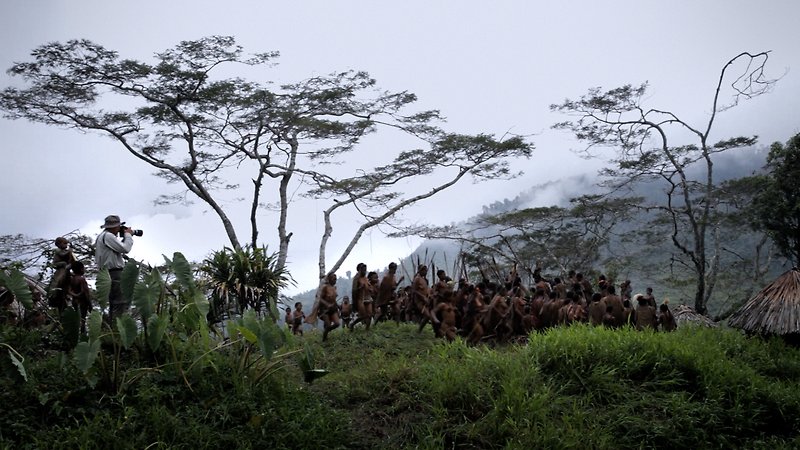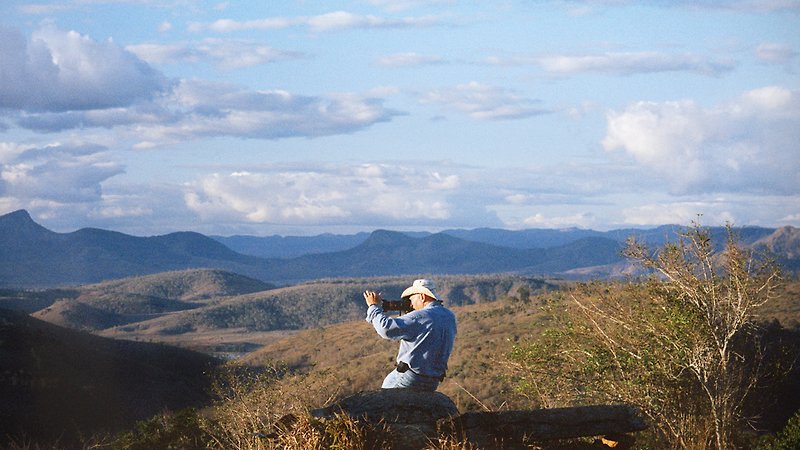The life and work of Sebastião Salgado, the undisputed master of monumental photojournalism, is explored in this wonderful doco, jointly directed by his son, Juliano Ribeiro Salgado, and German director Wim Wenders.


Wim Wenders’ mastery of the documentary form is again on display in The Salt of the Earth, a stunning visual ode to the photographer Sebastião Salgado.
Screened as part of NZIFF 2014
The Salt of the Earth 2014
Le sel de la terre
The epic still photographs of Brazilian artist and environmentalist Sebastião Salgado fill the giant screen in this spectacular new documentary about his life and work. Directed by Wim Wenders (Buena Vista Social Club, Pina) in association with Salgado’s son, Juliano Ribeiro, The Salt of the Earth comes direct from Cannes where it was awarded the Un Certain Regard Special Jury Award.
“Long recognized as one of the camera’s great artists, Salgado’s sculptural use of light and space is combined with a deep empathy for the human condition, resulting in richly complex black-and-white images that capture the dignity within every subject. Salt guides the viewer on a visual odyssey through the photographer’s career, enriched by Wenders’ monochrome footage and Salgado Jr’s color.” — Jay Weissberg, Variety
“Hauntingly beautiful images are matched with illuminating testimony to create an utterly absorbing portrait… He has an amazing ability to capture the humanity of a moment, sculpt in light and shadow and spent decades as a front line witness to history from famine in Ethiopia to genocide in Rwanda…
It is entirely understandable that he reached a point when he could no longer bear such intimate witness to the worst of humanity. Typically, he found creative ways to transcend that despair and the film ends in tales of hope as we learn of the Salgado family’s success in planting to two million trees and re-building an entire eco-system at the Instituto Terra in Brazil, which is now a national park. The film is a fitting tribute to an inspirational figure.” — Allan Hunter, Screendaily